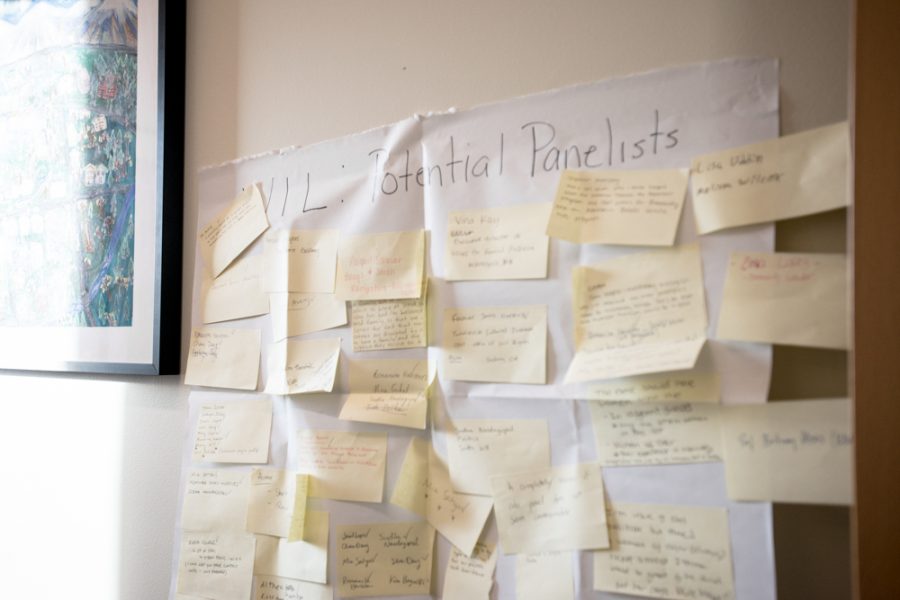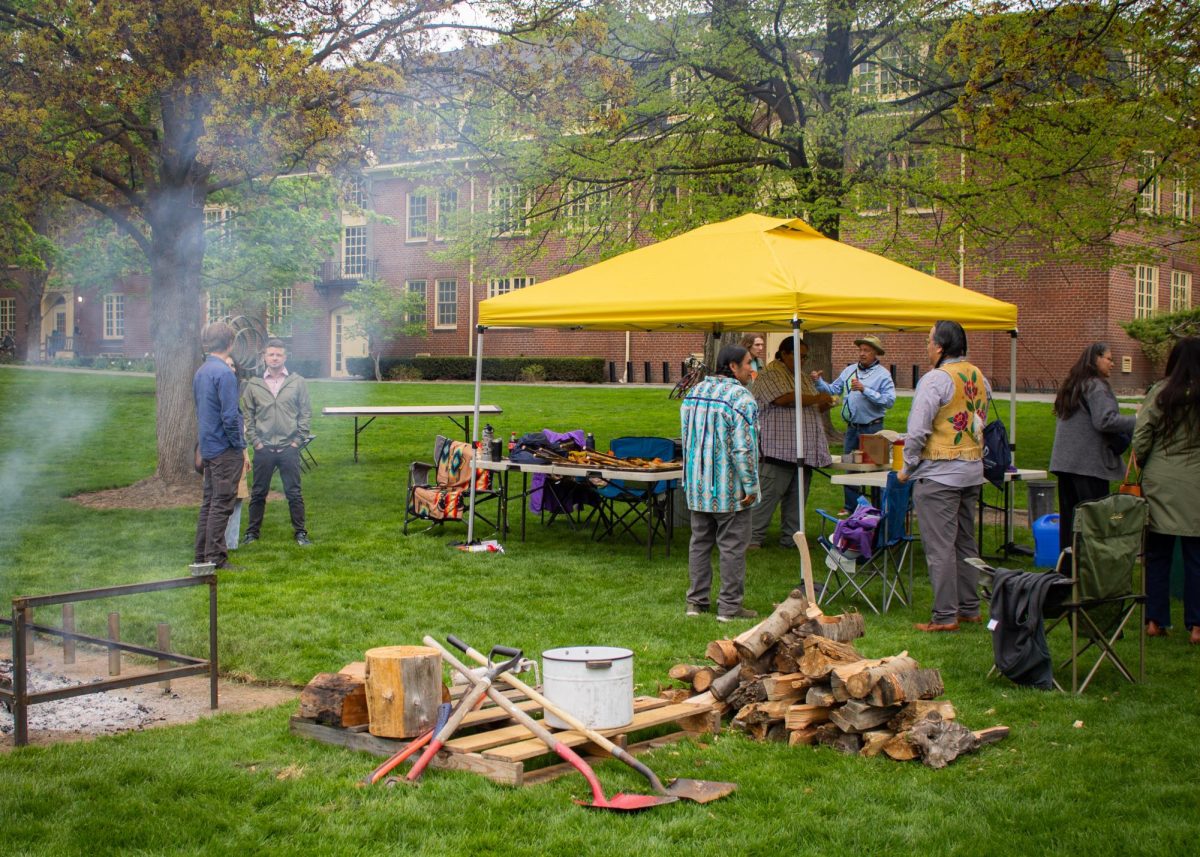Whitman College alumnus David Williams ’67, former CEO of Shoreline Banking, believes that modern business has lost sight of the role economics should play in the world. Williams recently gave a lecture titled “Making Money is a Result, Not a Purpose,” in which he presented a progressive economic theory that he has used to find success in his own career. The lecture took place on Monday, Sept. 30 in Maxey Hall 207.
The lecture was centered around the triple bottom line sustainable banking method that Williams developed and uses; the method focuses less on maximum personal return and more on return to the community. This method requires businesses to be sustainable in three categories: people, planet and profit. If a business does not fit these criteria adequately, Williams will not offer support or funding to them.
Senior Collin Smith, an active proponent of the divestment movement, does not completely support this method.
“I love the idea of a triple bottom line. I think it’s really important for businesses to really take hold of that and adopt it, and it’s great to see that a lot of new businesses are adopting it,” said Smith. “However, I don’t see it happening at a large enough scale.”
One of Williams’ central points in his lecture was that money should be the result of business, not the purpose. Williams explained that there are multiple forms of capital, including social and environmental.
“The purpose of the corporation historically was to benefit the community in which it operated,” said Williams. “And not just benefit it in terms of money, it benefited the community in terms of citizenship, employment and education.”
However, Williams claims financial capital has become the predominant measure for investing and the only measurement of return. This leads to a neglect of the other forms of capital.
“Whenever you have abundance, you always have abuse,” said Williams. “We have the environment out there that no one pays attention to, and so it becomes the dumping ground for whatever you want to do to it.”
Throughout the lecture, Williams elaborated on how the triple bottom line banking method gives back to the community and ultimately pays off. Williams repeatedly asserted that students should not worry about getting the particular job they want after college, but rather any job at all, because they will obtain their desired career eventually. This relates to his banking strategy in that he is more likely to endorse new clients who have made the most of the circumstances they are dealt.
Junior Noah Jensen is involved with the Whitman Investment Club and introduced Williams prior to the lecture. He expressed his enthusiasm regarding Williams’ presentation.
“I agree with pretty much everything he said,” said Jensen. “I thought his point about climate change was interesting, that it doesn’t matter if it’s real or not, because we are putting stuff in the atmosphere, and it’s harming us, and it’s going to hurt us in the long run, no matter what.”
Students had varying opinions of Williams’ lecture, however. Smith, while still appreciative of the lecture, expressed his issues with the talk.
“I wish I could have gotten a little more of what we can do other than writing letters or choosing where we work to promote that sort of transition [into a different mode of business],” said Smith.












